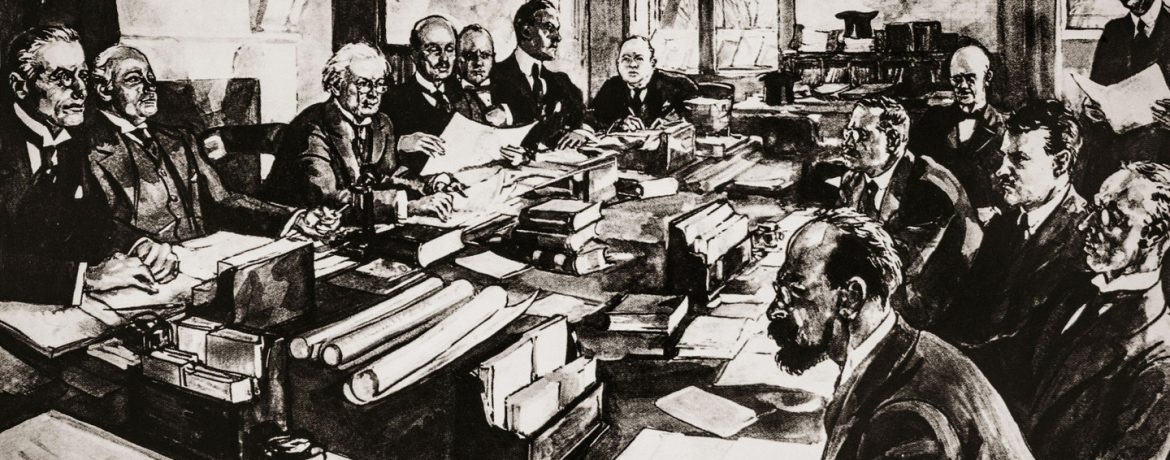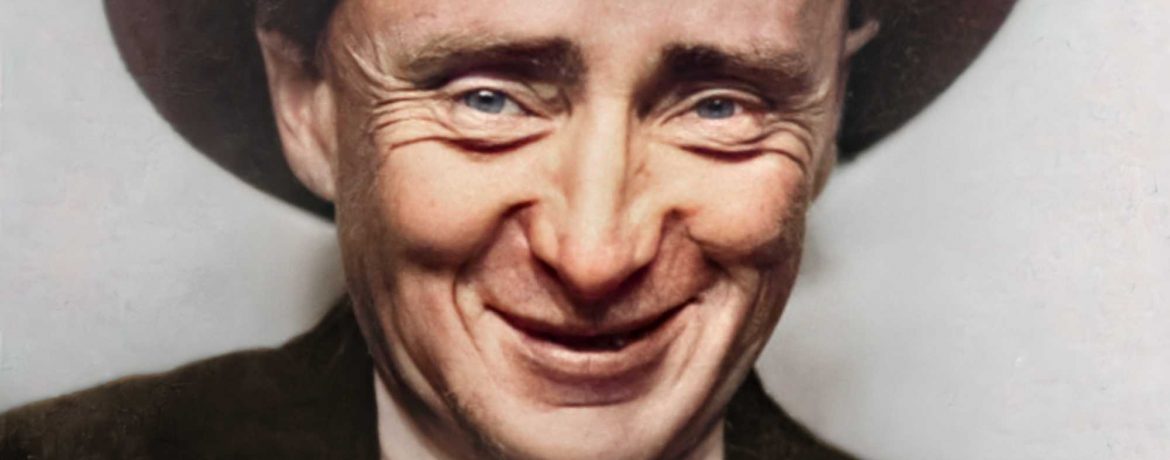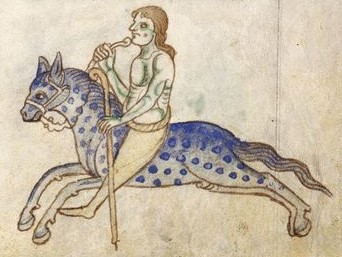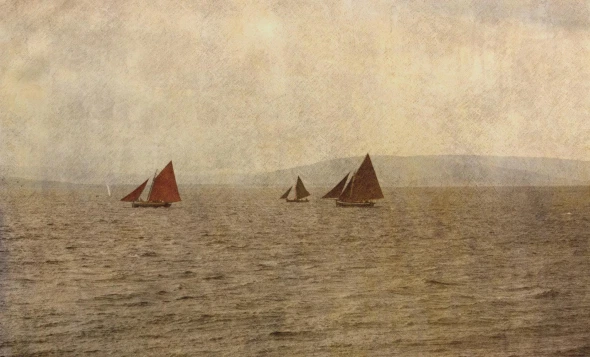
Was it wise to sign the Treaty?
Lecture 17 January 2022
A discussion of the implications for the Irish Republic, the North, and Ireland’s relations with the wider world
On 6 December 1921, the Sinn Féin delegation led by Arthur Griffith signed the ‘Articles of Agreement for a Treaty between Britain and Ireland’ at Downing Street, London. From both a revolutionary and a constitutional perspective this was a seminal moment in Irish history. The Treaty itself signalled a formal end to the Irish War of Independence against Crown forces; debates surrounding it proved a harbinger for a bitter civil war; whilst its ratification by the Dáil ensured that it served as the foundation document of the new Irish state: Saorstát Éireann.
In this lecture, hosted jointly by the Galway Archaeological & Historical Society and the Moore Institute of NUI Galway, Dr Mary Harris will examine this (still) contentious moment in Irish history, and consider its implications for the Irish Republic, the North, and Ireland’s relations with the wider world.
Originally from Cork, Dr Harris studied history, Irish and Spanish at University College Cork. She also completed her MA in medieval Irish literature at UCC, before attaining her doctorate in history at the University of Cambridge. From 1992-1996… Read the rest
Read more


